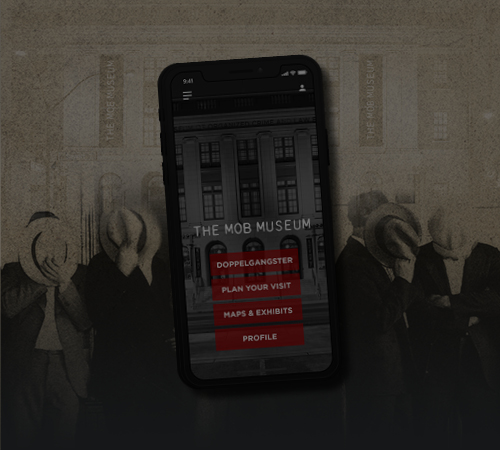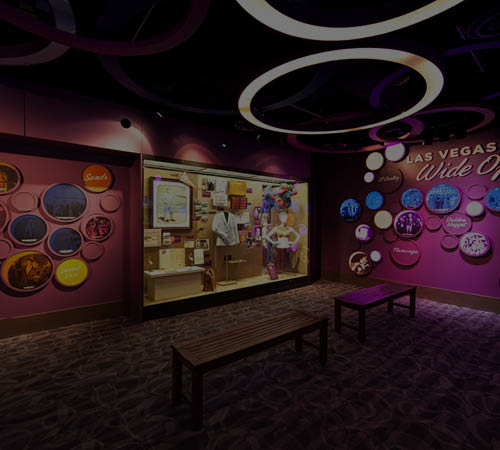
Overview
The traditional Mob may be on life support, but organized crime still flourishes around the world. No longer centered in neighborhoods or cities, modern crime networks span nations and connect continents. From drug and human trafficking to money laundering and cyber-scams, 21st century crime syndicates routinely cross physical and digital borders to execute their elaborate schemes. And the victims aren’t all human: Trafficking in endangered and exotic species is a billion-dollar racket. Law enforcement agencies are working together to tackle these global threats, but not every nation is willing or able to challenge powerful crime syndicates.
Gallery
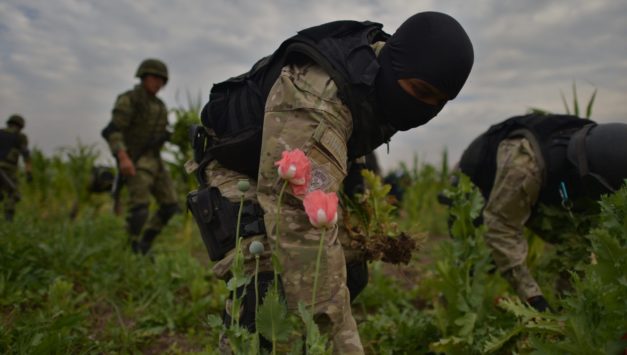
Mexico has suffered from a decade of brutal violence. Most of it stems from drug cartels fighting security forces and each other over billion-dollar trafficking routes to smuggle cocaine, heroin, marijuana and crystal meth into the United States. Courtesy of Fernando Brito.

International organized crime groups are active in political hacking, data breaches and the use of virtual currency for money laundering.

James “Whitey” Bulger was a crime boss in Boston who went into hiding in Santa Monica, California, until his capture in 2011. These are a pair of glasses he left behind in his apartment.
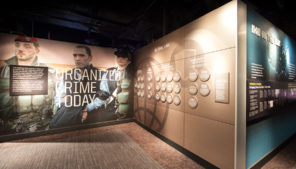
Organized Crime Today Exhibit explores the global outreach and law enforcement strategy fighting organized crime.
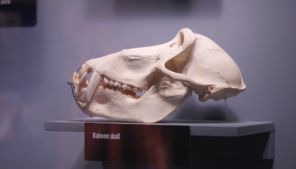
This skull of the endangered baboon was being illegally traded when it was confiscated by the Department of Fish and Wildlife.
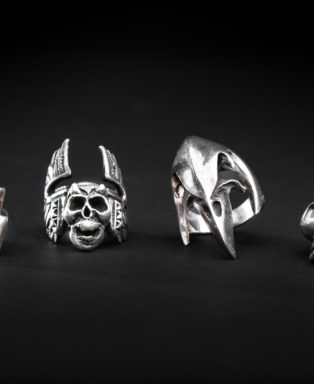
These rings, part of the Museum's collection, were worn by Jay Dobyns when he was a member of the Solo Angeles motorcycle club based in Tijuana, a support club for Hells Angels. Dobyns spent more than 25 years in the Bureau of Alcohol, Tobacco, Firearms and Explosives and infiltrated the Hells Angels motorcycle gang.

This wall-size touchscreen allows guests to explore global organized crime, including cybercrime, drug cartels, human trafficking and more.

In 2013, the Chicago Crime Commission named Joaquin “El Chapo” Guzman “Public Enemy Number One,” a designation bestowed on Al Capone in 1930.

Made of ivory, hippo tusks are traded both legally and illegally, mostly to Asia to be carved as artwork.


